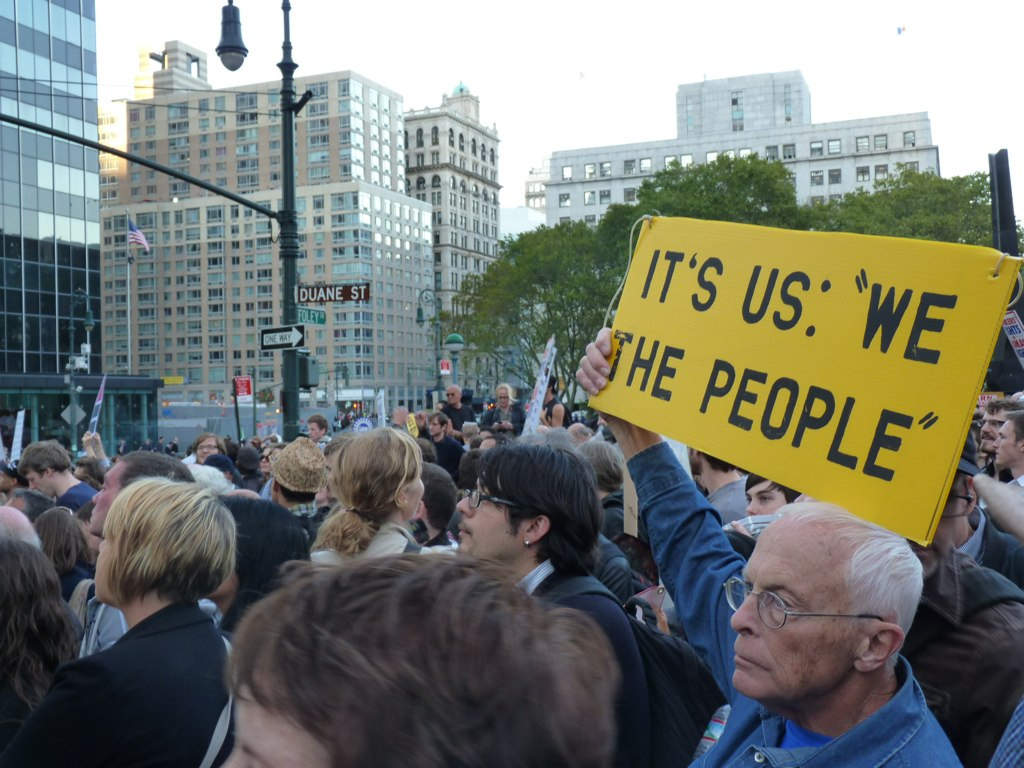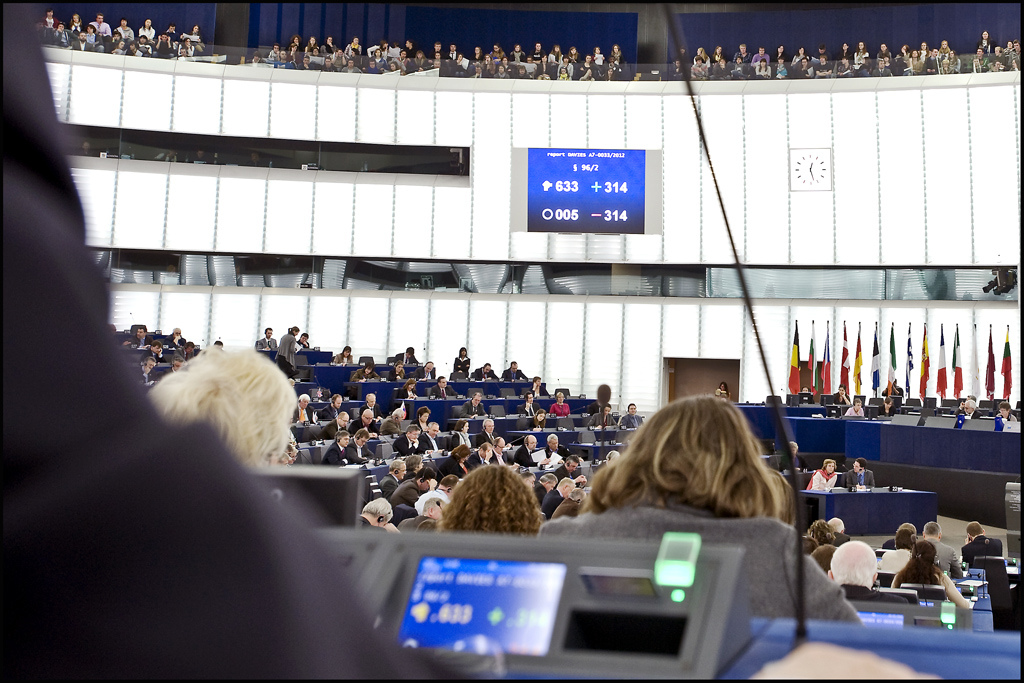Latest blog articles
-
In March 2017 Pieter Duisenberg signed a declaration of intent with een bevestigende beantwoording van de volgende vraag: “Do you intend to complete the chosen term?”. (Dutch only)
-
After Rutte's promise, Asscher did not get where he asked for and so he agreed. (Dutch only)
-
It is not that listening to the electorate is wrong. It is not wrong either to build a campaign on perceived wishes of the electorate. Trying to win an electoral campaign either, is wrong.
-
After the United Kingdom had voted to leave the European Union in the national referendum on 23 June 2016, the swift ascent of May to the leadership of a deeply divided nation was not marked by decisive and resolute action, but a sense of uncertainty and strategic obfuscation.
-
How the Supreme Court restored Parliament to its rightful place. That’s precisely what happened on Tuesday: The Supreme Court decided, by a 8-3 majority, to mandate that the triggering of Article 50 TEU can only take place after prior approval from both houses of Parliament.
-
In the 4th December referendum, Italy rejected the constitutional reforms promoted by the Renzi’s government. As a consequence of the “No” vote, the Prime Minister decided to resign. While the vote was influenced primarily by internal factors, the result may open a period of uncertainty for both...
-
What exactly are the legal instruments for the EU according the measures that have been introduced recently with regard to the constitutional court and in terms of the media law. This article is only available in Dutch.
-
Legitimacy in the political sense can be defined as an inquiry into the justification for the exercise of public authority. Or put differently: it is the reason why I, being part of society, should accept laws and regulations that bind me.
-
The day after the “Brexit”-referendum, with a majority of 51.9% voting to leave the European Union, some speak of the success of democracy (“the people have spoken”). Already, there are calls for referenda in other countries to let the people speak there, too. This suggests that independently of our...
-
Several days ago, the French government forced the acceptance of a disputed law about - among other things - labour issues. Its treatment in parliament was incredibly labourious and almost 5000 amendments had been proposed... This blog is only available in Dutch.









